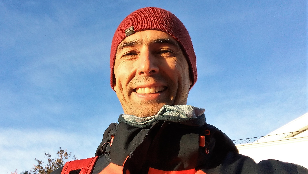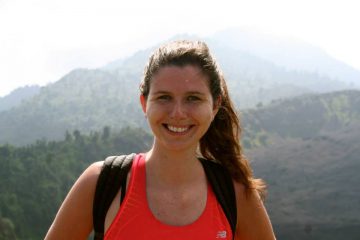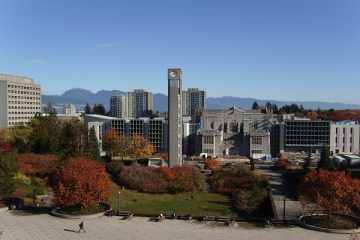IRES Seminar Series
Time: 12:30pm to 1:30pm (every Thursday)
Location: AERL Theatre (room 120), 2202 Main Mall
***************************************************************************
Nicolas Talloni’s talk:
Climate change impact on Canada’s Pacific marine ecosystem: The current state of knowledge
ABSTRACT:
Global warming is already affecting the oceans through changes in water temperature, acidification, oxygen content and sea level rise, amongst many others. These changes are having multiple effects on marine species worldwide, with subsequent impacts on marine fisheries, peoples’ livelihoods and food security. My PhD research consist of three components: 1) using a systematic literature review and meta-analysis, assess the current state of knowledge on how climate change is affecting fisheries in Canada’s Pacific marine ecosystems; 2) evaluate potential changes in fish supply and seafood budget of residents of British Columbia under shifting ocean conditions by combining biophysical and economic models; and 3) explore solutions for mitigating climate change impacts on marine fisheries by performing a vulnerability assessment. For this seminar, I present preliminary results from the literature review and meta-analysis component of my study.

BIO:
I am PhD candidate at IRES and the Institute for the Oceans and Fisheries. My research focuses on the socioeconomic and management components of British Columbia’s marine fisheries facing climate change. I became interested in marine life and local communities during my undergraduate study in sociology, after realizing the depletion of several marine species in my country due to overfishing. Before coming to Canada, I worked in a Chilean NGO managing a project on access to public information on salmon farming. Currently, I am working under the guidance of Dr. Rashid Sumaila (supervisor), Dr. William Cheung and Dr. Philippe Le Billon (committee members).
Alida O’Connor’s talk:
Conservation and Community Wellbeing
ABSTRACT:
Conservation strategies have evolved from ‘fence and fine’ strategies to participatory approaches. It has become widely accepted that conservation initiatives should deliver both poverty reduction and biodiversity protection. One of the best known examples of achieving this is the Community Based Natural Resource Management Programme (CBNRM) in Namibia. In collaboration with the World Wildlife Fund Namibia, this study sought to understand how communities participating in the CBNRM programme define wellbeing. The study showed that moving beyond universal measures of socioeconomic wellbeing to a set that includes economic and social, environmental, cultural and political concerns, specific to local communities, is pertinent to understanding wellbeing. This talk will discuss preliminary findings from the study.

Bio: Alida is a MA student at the Institute for Resources, Environment, and Sustainability working under the supervision of Dr. Terre Satterfield. Alida graduated with a double major in International Development Studies and Environment, Sustainability and Society from Dalhousie University. Upon completing her undergraduate thesis on the Kavango Zambezi Transfrontier Conservation Area and a placement at a conservation project in Zimbabwe, her interest in what constitutes effective conservation deepened. Her current research is in collaboration with the World Wildlife Fund Namibia, identifying wellbeing indicators in the communal conservancies in the Zambezi region.

Photo Credit: Jimmy Thomas from flickr/ Creative Commons